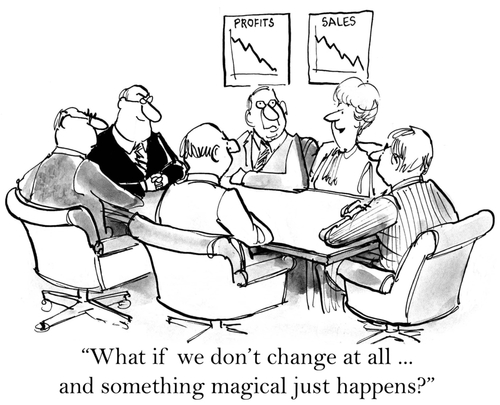Modern society is addicted to and engineered for perpetual economic growth.
Now, a fourth-grader can tell you that nothing can grow forever, especially if you have finite resources. But that simple realization is eluding today's central planners, despite multiplying evidence that growth is becoming harder and harder to come by.
This week's podcast guest is Professor Tim Jackson, sustainability advisor for the UK government, professor of sustainable development at the University of Surrey and Director of CUSP. Tim is also a full member of the Club of Rome.
He explains why the exponential growth rates of today's economies, and their associated rates of resource extraction/consumption, will not be able to continue for much longer -- and why a pursuit of "prosperity" (defined much more broadly than simple consumerism) is a much healthier goal for humanity.
Anyone who thinks that exponential growth can go on forever on a finite planet is either a madman or an economist.
Those very steep lines that rise very sharply as we approach the 21st century and show us that we are exceeding our carrying capacity in all sorts of ways are quite compelling. I think people actually feel this to some extent, that having more and more 'stuff' going through the system is somehow unsustainable. And not just in environmental ways, but even in social ways.
It’s the classic challenge of the irresistible force meeting the unmovable object. This pervasive idea of prosperity consisting of exponential growth, while the planet is not getting any bigger, is putting ecosystems under lots of stress. The pressures that human society puts on our environment is increasingly obvious.
This is a conversation that you can have with kids. They get it immediately.
With adults, it's different. They resist the idea. And that's despite exponential growth rates appearing, in the advanced economies at least, to be declining very specifically. And that’s an issue which is not about environmental limits, it’s not about results constraints. It’s actually about the economic model itself.
At this point in time, the 'new normal' is an era that may just not have exponential growth in it. Fortunately, though slowly, very well established mainstream conventional economists are now beginning to recognize they may have to rethink all our assumptions about our current 'normal' idea of economic growth.
Click the play button below to listen to Chris' interview with Professor Tim Jackson (47m:24s).
This is a companion discussion topic for the original entry at https://peakprosperity.com/tim-jackson-the-high-price-of-growth/







